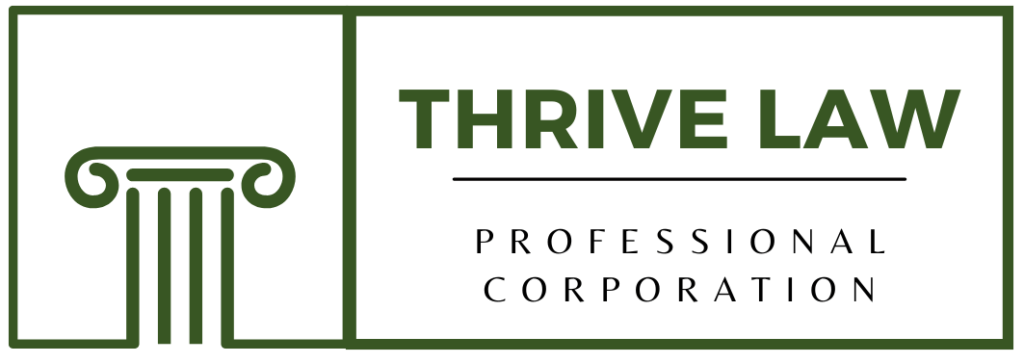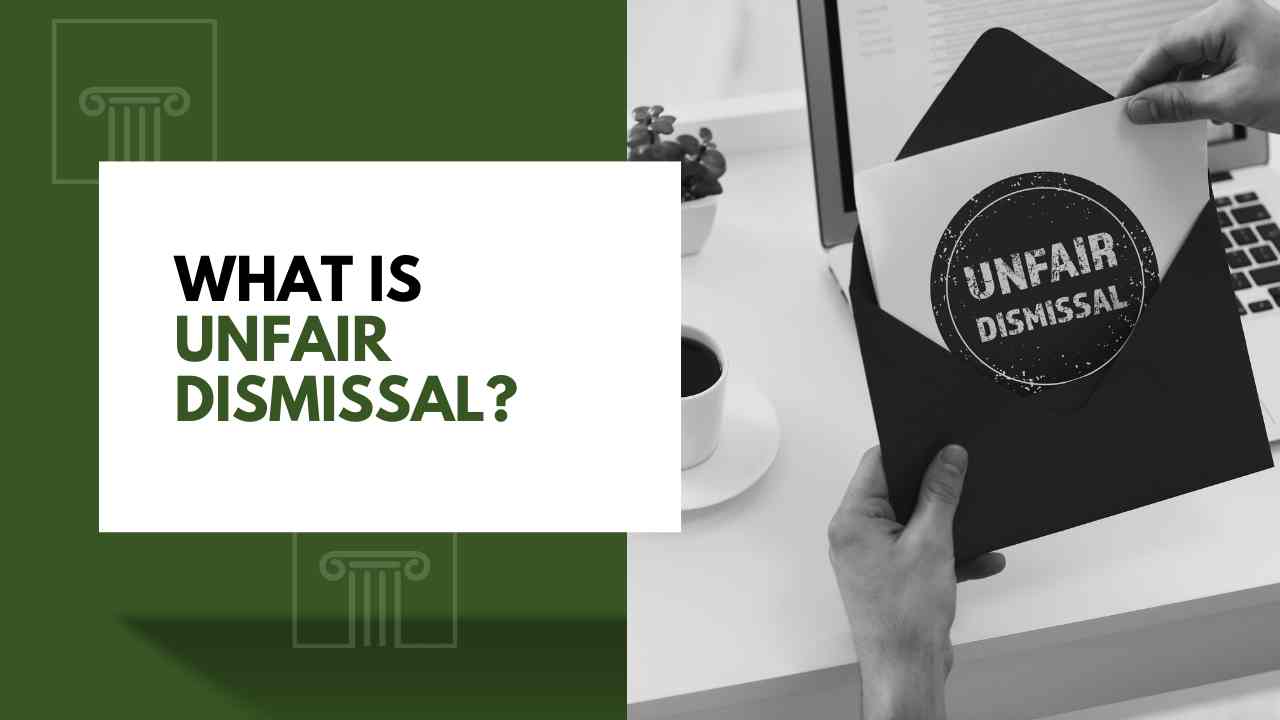
Hi! beautiful people. I`m an authtor of this blog. Read our post – stay with us

Unfairly treated or fired at work?

Unfair dismissal is a term that resonates with many employees who have faced sudden and unjust termination from their jobs. In simple terms, it refers to being fired without a valid reason or due process, often leaving individuals feeling powerless and uncertain about their future.
This issue is prevalent in Canadian employment law, and understanding your rights is crucial to navigating such situations. In this article, we’ll explore what constitutes unfair dismissal, common reasons behind it, who can bring a claim, and how to take action.
Unfair dismissal occurs when an employee is terminated without just cause or proper procedure. This can include situations where the employer fails to provide a valid reason for dismissal or denies the employee an opportunity to respond to allegations.
It also encompasses cases of discriminatory or retaliatory termination. For instance, imagine an employee dismissed shortly after reporting workplace harassment—this could be considered retaliatory and therefore unfair.
We’ve seen cases where employees were terminated without any prior performance warnings or notice. One client was dismissed after raising concerns about unsafe working conditions, only to be told the termination was due to vague “performance issues.” Such scenarios highlight the importance of understanding your rights.
Unfair dismissal can happen for various reasons, including:
• Discrimination: Termination based on race, gender, religion, disability, or other protected characteristics.
• Retaliation: Being fired for whistleblowing or reporting workplace issues like harassment.
• Constructive dismissal: Forced resignation due to a toxic work environment or significant changes in job duties.
• Lack of notice or severance: Failure to provide proper termination notice or severance pay.
• False accusations: Termination without evidence of misconduct or performance issues.
For example, we recently assisted an employee who was dismissed after requesting accommodations for a disability. The employer claimed performance concerns but failed to provide any documentation supporting their claim—a clear case of discrimination.
In Canada, most employees—including permanent, part-time, and some contract workers—can bring an unfair dismissal claim if they meet certain criteria. Eligibility often depends on factors such as length of service and whether the employer is federally or provincially regulated.
Federally regulated employees (e.g., those working in banking or telecommunications) have specific protections under the Canada Labour Code. For instance, they must have completed 12 months of continuous employment and file their complaint within 90 days of dismissal.
To pursue an unfair dismissal claim, you’ll need:
• Proof of employment (e.g., pay stubs or contracts).
• Evidence of dismissal (e.g., termination letter).
• Documentation showing the dismissal was unjust or discriminatory (e.g., emails or witness statements).
• Awareness of time limits—claims must typically be filed within 90 days to two years depending on applicable laws.
Taking action against unfair dismissal involves several steps:
1. Consult an Employment Lawyer: Speak with a legal expert to assess your case.
2. Gather Evidence: Collect relevant documents like your employment contract, termination letter, performance reviews, and emails.
3. File a Complaint: Submit your claim to the appropriate body—such as the Ministry of Labour or Human Rights Commission.
4. Await Investigation: The process may involve mediation or adjudication depending on the circumstances.
Proving unfair dismissal requires solid evidence that demonstrates improper treatment by your employer. Useful evidence includes:
• Termination letters lacking valid reasons.
• Emails showing discrimination or retaliation.
• Comparisons with other employees who were treated differently under similar circumstances.
• Witness statements from colleagues.
For instance, one client provided emails where their manager explicitly mentioned dissatisfaction with their whistleblowing efforts—a clear indication of retaliation.
Compensation for unfair dismissal can vary based on factors like lost wages, severance pay entitlement, emotional distress damages (in some cases), and punitive damages if the employer acted in bad faith. While amounts differ widely, settlements often range from several thousand dollars to six figures depending on the severity of the case.
While it’s possible to file a claim independently, having legal representation significantly improves your chances of success. A lawyer can help you understand your rights, gather evidence effectively, negotiate settlements, and represent you during mediation or court proceedings.
Unfair dismissal can be overwhelming, but knowing your rights empowers you to take control of the situation.

I’m Saad Mirza, the founder of Thrive Law, a employment law firm dedicated to helping employees across Ontario navigate challenging job terminations and workplace issues.
Copyright © 2025 All Rights Reserved By Thrive Law